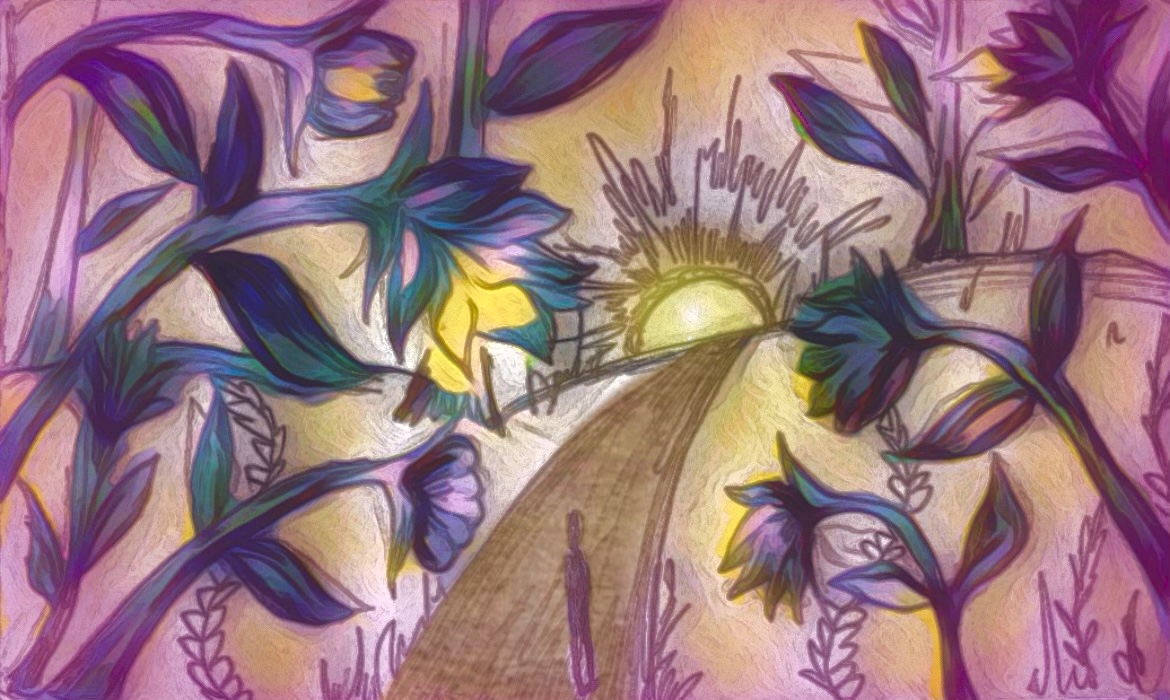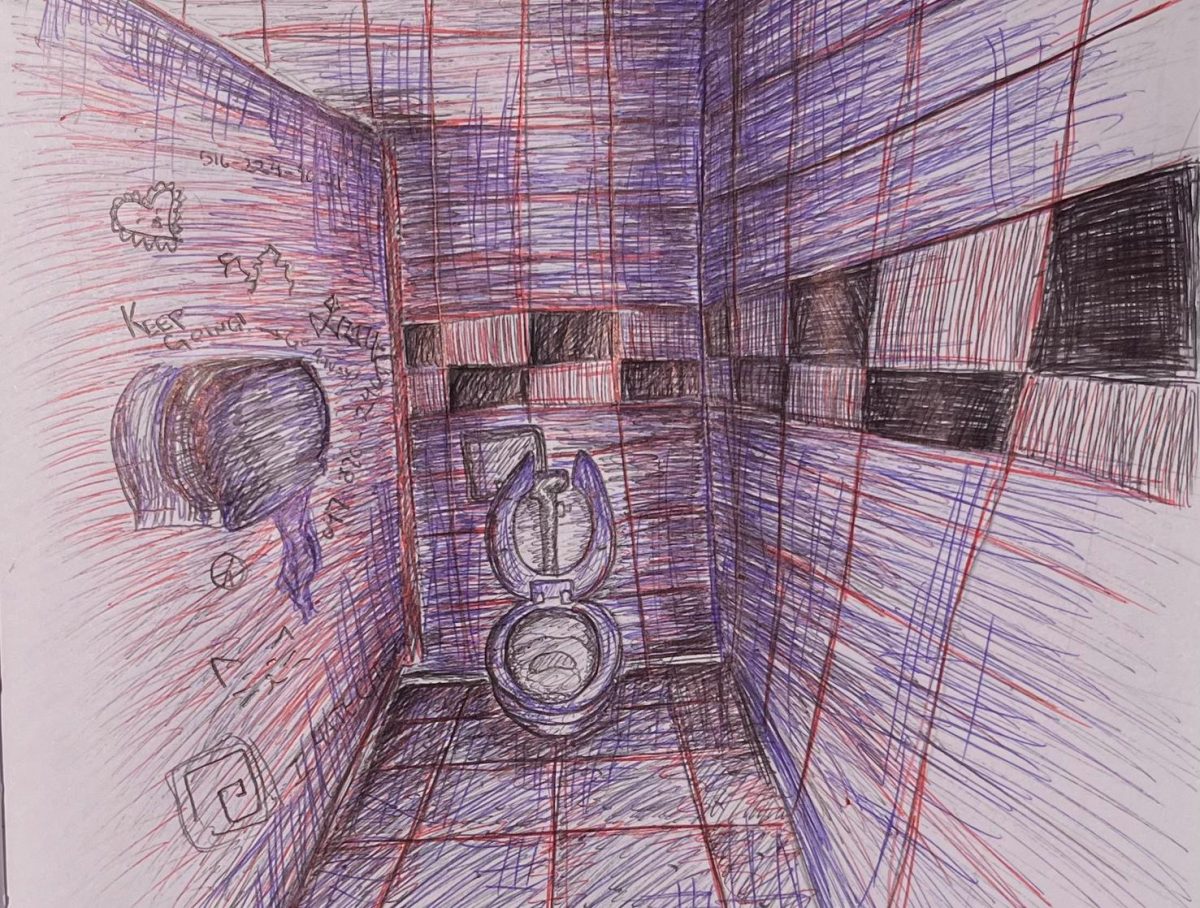?
Amid the flowers and fresh colors of the upcoming month of May, consider reading some poetry that uses bloom and growth as a means to communicate human emotion.
You’ve probably heard “A Red, Red Rose,” by Scottish poet Robert Burns, with the famous line: “O my luve’s like a red, red rose…”
Read or listen to a recording of Burns’ “A Red, Red Rose” if you’re interested in some roses and some lovin’.
Burns also famously wrote “Address to Haggis,” which is a tribute poem to the traditional Scottish dish comprised of sheep innards, oatmeal and spices – a dish not intended for the faint of stomach.
For a poem that investigates the darker side of growth, read Mark Strand’s “My Mother on an Evening in Late Summer.”
In the poem, Strand’s speaker describes his mother walking outside just as “the moon appears/and a few wind-stricken barns stand out/in the low-domed hills/and shine with a light/that is veiled and dust-filled/and that floats upon the fields.”
The importance of the natural world in Strand’s poem is made clear through the speaker’s depiction of his mother entering this world before retreating back into her home.
The allusion of the garden appears in the third and final part of the poem, when the speaker asks why his mother should ever awake when “The earth is not yet a garden/about to be turned.”
The speaker’s comparison of the earth to an unmade garden highlights the speaker’s image of a reality where the changes intrinsic in gardens, and subsequently the natural world, are at the heart of understanding one’s existence.
For another poem in which the speaker depicts a woman’s relationship to nature, read Mark Doty’s “Heaven for Helen.” Here, the speaker describes Helen’s idea of “heaven,” which includes “traffic in a sunflower’s thousand golden rooms.”
As in Strand’s poem, the speaker departs from a portrayal of Helen to include personal thoughts and confessions.
While Strand’s speaker talks about his mother from a more physical standpoint, Doty’s speaker illustrates the mind of Helen and the “Images of exchange/and of untrammeled nature” that he sees departing from his own views of existence.
“My Mother on an Evening in Late Summer” and “Heaven for Helen” are interesting to read alongside one another because the speakers in the poems portray the mental lives of the women through very different methods.
In both poems, there is a great sense of both doubt and hope, of literal and figurative darkness and light, and of course the great life of the imagination.
The mental claims humans possess in their existence on earth are as alive as the gardens and the flowers depicted in both works.
By using images of the garden and the sunflower, the poets create a romantic play through nature that is both alive and beautiful.
The mysterious qualities of the “sunflower’s thousand golden rooms” and the earth that is “not yet a garden/about to be turned” haunt and appeal to us as creatures inherently attracted to beauty.
Read “Practice” by Ellen Bryant Voigt, whose speaker evokes a peony, for a different approach to considering earthly existence.
For more garden and flower poems, you need only crack open a volume of poetry to find numerous references to the emotions stirred in humans by the natural world.












